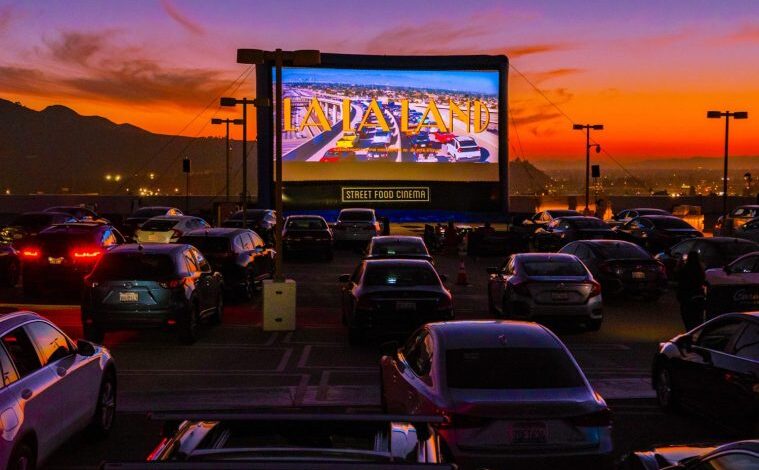The Role of Nostalgia in Entertainment: why we love throwbacks

Nostalgia plays a powerful role in entertainment because it has the ability to evoke warm, positive feelings of familiarity and comfort. People often look back fondly on the music, movies, TV shows, and other forms of entertainment they grew up with, and feel a sense of connection to those cultural touchstones.
One reason for this is that nostalgia allows people to feel a sense of continuity with their past selves. When they revisit old favorites, they are transported back to a time when life was simpler and more carefree. This can be especially appealing during times of stress or uncertainty when people are looking for a way to escape from the present moment.
Another reason why people love throwbacks is that they provide a sense of community and shared experience. When people talk about the shows, movies, and music they loved as kids, they are often able to connect with others who have similar memories and experiences. This can be especially powerful in a world that can feel isolating and disconnected.
In recent years, the entertainment industry has capitalized on the power of nostalgia by rebooting and reviving classic franchises and properties. From Star Wars and Ghostbusters to Full House and Saved by the Bell, audiences have shown a willingness to embrace these throwbacks, even if they don’t always live up to the original.
Overall, nostalgia plays an important role in entertainment because it taps into our deep-seated desire for connection, familiarity, and a sense of belonging. Whether we’re revisiting old favorites or discovering something new that feels like it was made just for us, nostalgia has the power to transport us to a time and place where we feel happy, safe, and at home.
Moreover, nostalgia can also serve as a marketing tool for companies and brands. By tapping into people’s fond memories and emotions associated with certain products or experiences, companies can create a sense of loyalty and connection with their customers. This is why we see so many commercials and ads that use popular music or cultural references from past decades.
In addition, nostalgia can also help people to feel a sense of identity and belonging. As people revisit the things they loved in the past, they are reminded of the values, beliefs, and experiences that shaped them into who they are today. This can be especially important for people who feel disconnected from their past or uncertain about their place in the world.
However, it is important to note that nostalgia is not always a positive force. Sometimes, people can become too attached to the past and resist change or new experiences. This can lead to a narrow-minded view of the world and a reluctance to embrace new ideas and perspectives.
In conclusion, the role of nostalgia in entertainment is complex and multifaceted. While it can provide comfort, connection, and a sense of identity, it can also limit people’s ability to grow and adapt. As with all things, it is important to strike a balance between appreciating the past and embracing the present and future.


